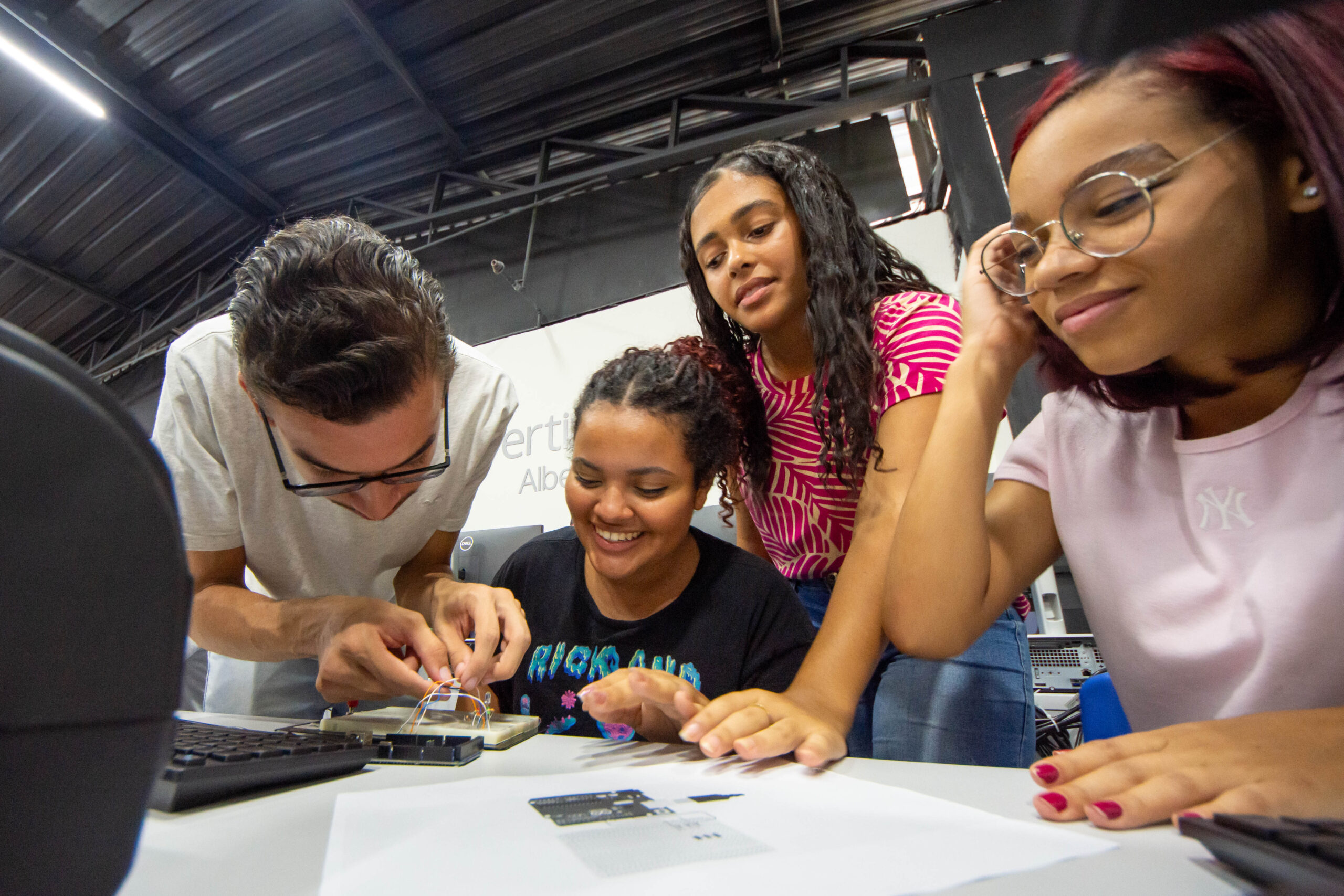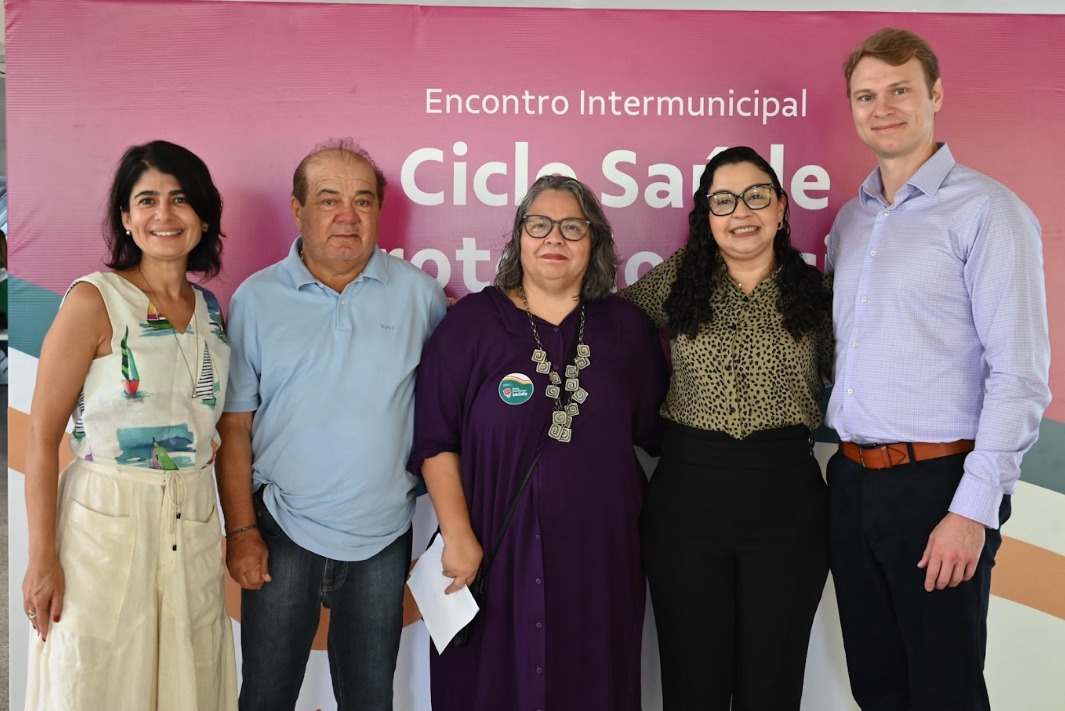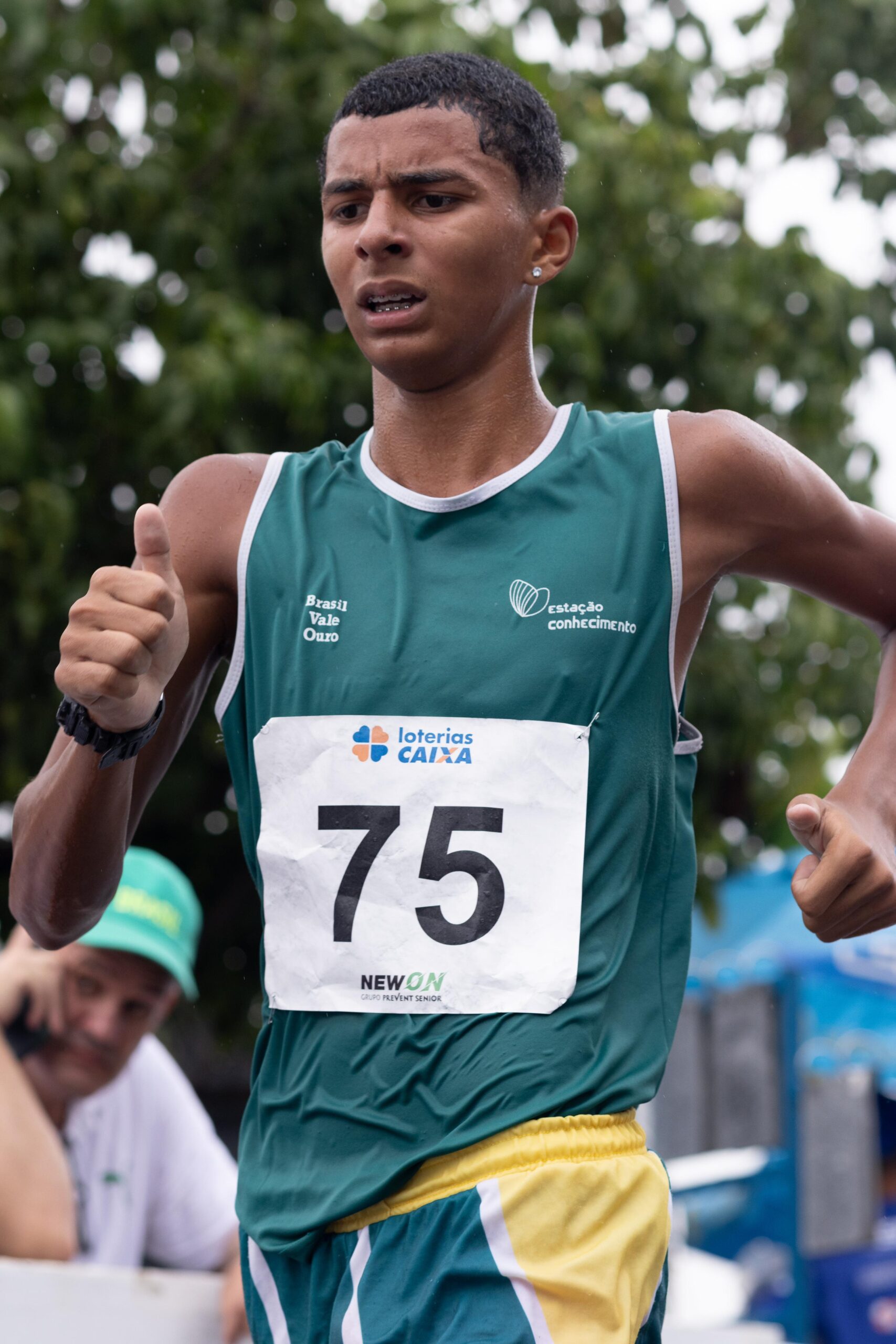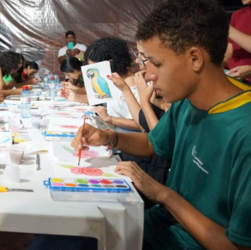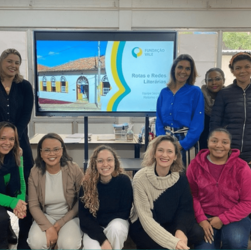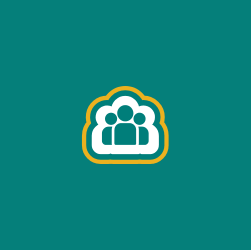Indigenous Health Cycle donates equipment and supports the training of professionals for the strengthening of indigenous poles in Maranhão

The project, which benefited about 4,000 SUS and SUAS users, was concluded with the donation of 283 items to eight Basic Indigenous Health Units (UBSI) in Maranhão.
The Indigenous Health Cycle was a technical cooperation program created in 2021 to strengthen Primary Indigenous Health Care in Maranhão through donations of equipment and furniture and the training of professionals in the area at the Indigenous poles of Santa Inês and Zé Doca. The Vale Foundation initiative, in partnership with the Center for Health Promotion (Cedaps), was initiated from the successful experience of the Health Cycle project, which, since 2014, has worked in more than 40 municipalities in six Brazilian states.
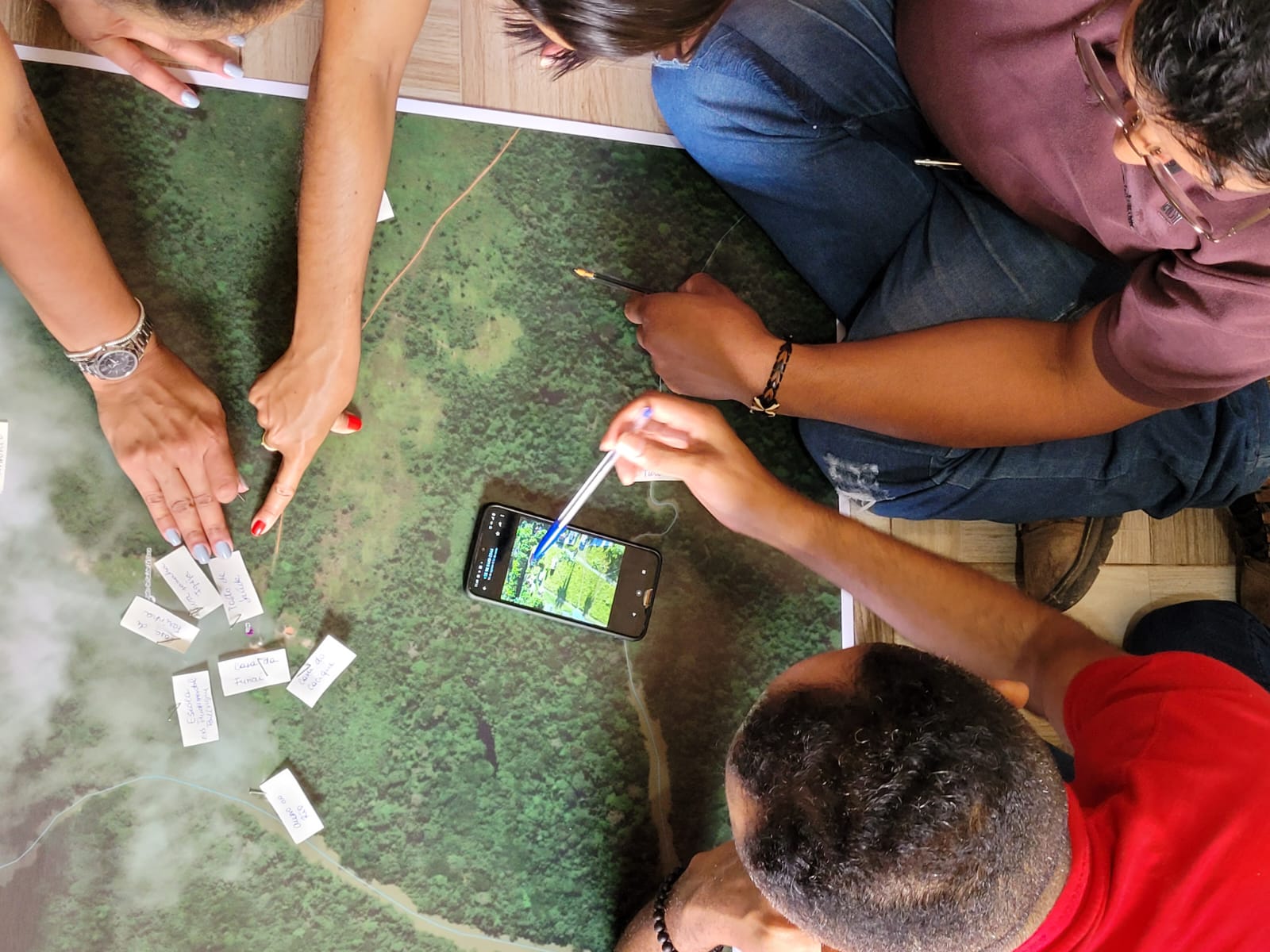
In 2022, the Indigenous Health Cycle developed actions to promote indigenous health and education in the territories. Representatives of the DSEI (Special Indigenous Sanitary District) Maranhão, the Vale Foundation, Vale and indigenous leaders met in March to present and discuss the results of the project. Among the objectives of the project, it is to contribute to the strengthening of the bond between multidisciplinary teams of indigenous health (EMSI) and indigenous communities, through intercultural strategies that improve communication. In this way, they increase the opportunities to guarantee the right of indigenous peoples to comprehensive and differentiated health care.
Basic and thematic workshops for health professionals
During the execution of the project, six multidisciplinary Indigenous Health teams were qualified, with a total of 56 professionals, in basic and thematic workshops, which addressed topics such as women’s health, indigenous mental health, food security and speaking map. The project also donated 283 pieces of equipment and furniture to eight Basic Indigenous Health Units (UBSI), including tablets to support the work of 20 indigenous health agents for geoplanning and strategic use of data on regions. Gynecological stretchers, tables for clinical examination, chair for blood collection and sonar, among other equipment, were also delivered. Throughout the project, 4,310 users of the Indigenous Health Care Subsystem benefited from the program.
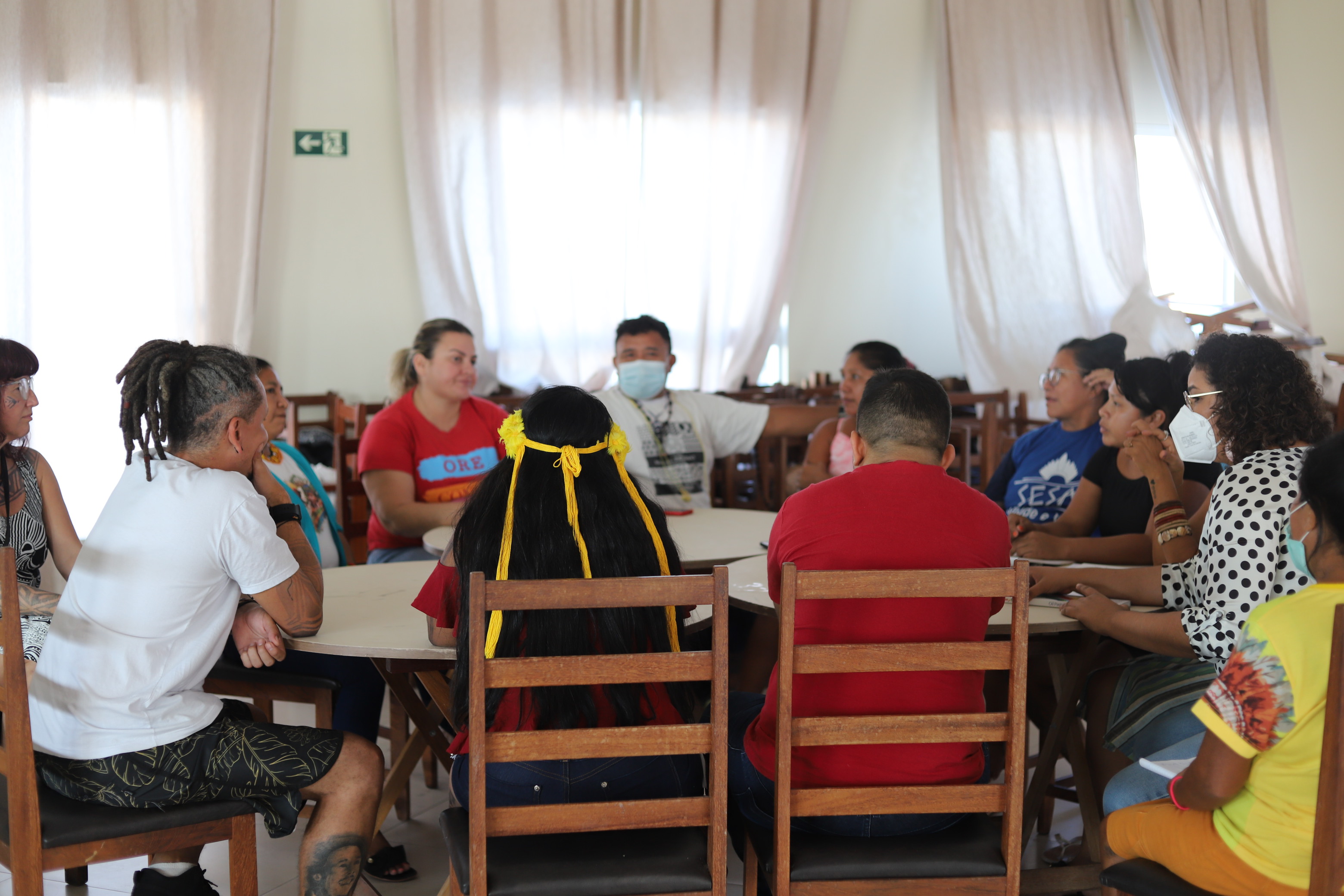
As a product of the dialogue of the reflections that took place during the thematic workshops of the project in the Base Pole of Santa Inês and Zé Doca, the Themes Notebook on Indigenous Health was prepared. The material presents, in the light of the principles of health promotion, permanent education and interculturality (CEDAPS, 2022), the knowledge and reflections to give visibility to the knowledge presented by health professionals and indigenous leaders who participated in these training events, in order to contribute to value the experiences developed by EMSIs when doing health with the communities of the Guajajara, Awá-Guajá and Ka’apor peoples.
“We believe that with more qualified professionals and better technical and equipment conditions, we are contributing to strengthen disease prevention and self-care initiatives, acting in a structuring way, considering intercultural dialogue in the promotion and education of indigenous health and according to the needs of each community”, comments the Northern Territory Manager of the Vale Foundation, Marcus Finco.

